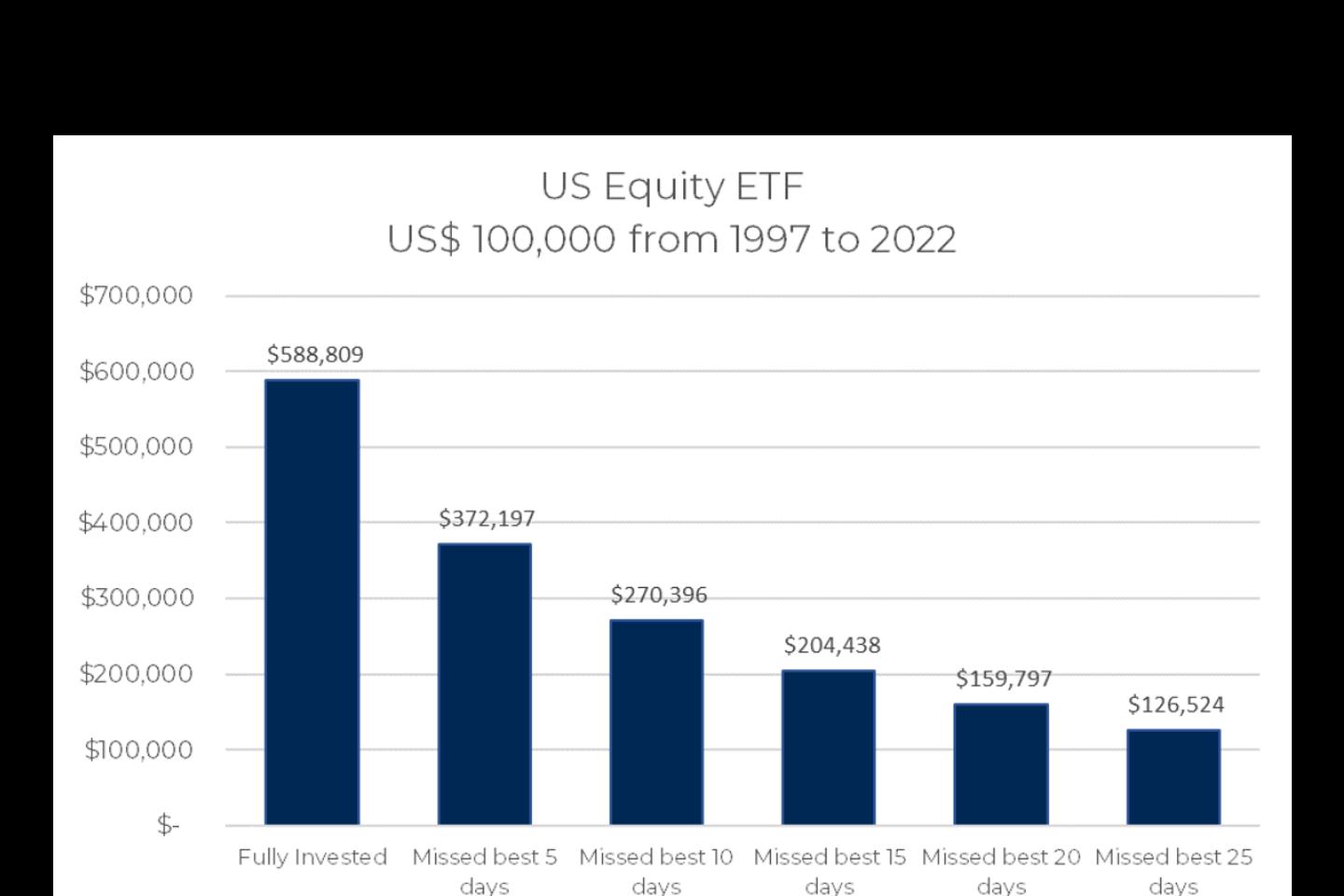
News & Insights
Should you change managers if your investment portfolio is losing value?
22 August 2022, Gemma Howe
Investing is appropriately viewed as a long-term activity, but markets are short-term animals. The current regime change is a perfect example; after many decades of bonds and equities working well in tandem to distribute risk, bonds and equities are both down for the first time in many investment professionals’ careers.
Investment portfolios that were once considered low-risk are suddenly looking less so. A traditional 60/40 split portfolio may no longer suffice in this brave new world of soaring inflation and geopolitical upheaval.
Given the current backdrop, it’s only natural for investors to wonder about their next move.
Investors tend to consider changing their investment manager in the face of capital loss—but this is an inherently risky move. Terminating an investment manager is a major change, potentially disrupting the ebb and flow cycle that enables your portfolio to weather storms over the long term.
Put differently: changing managers at the wrong time can turn temporary poor performance into permanent damage.
In this article, we’ll consider the human element in investing, and what—if any—action investors should take to adjust their relationships.
How important are managers in investment performance?
In his book Thinking, Fast and Slow, psychologist Daniel Kahneman discusses the hindsight bias—the illusion that past events were as predictable at the time they happened as they are now. This bias convinces us that the world is more predictable than it actually is, and gives us an undue amount of faith in our ability to forecast future events.
Biases like these encourage us to find faults where none exist, so it’s important to keep them in mind when considering an investment manager’s overall performance—particularly when you consider the high risk of making a change.
We looked at market data over a 25-year period to determine the cost of missing just five of the top-performing days within that period. The numbers are staggering; a buy-and-hold investor who starts with $100,000 and stays in the market during periods of volatility accumulates $216,000 dollars more than one who makes a poor timing decision and misses just the top 5 days. Damage to returns is even more significant when additional high-performing days are missed. Our buy-and-hold investor earns a 7.3% annualised return, where a trader who misses the 10 best days in the market earns only 4.1% p.a.

Changing managers due to underperforming funds can easily lead investors to a similarly poor timing decision, as the best days in financial markets tend to follow closely behind challenging periods.
Investment managers are important - but not always in the way you think
Of course, not all investment managers are created equal. Skill and performance do matter. But investors tend to look at the wrong metrics when assessing their manager’s performance.
The key is to ask the right question. Not “Why is my performance so bad?,” but “Are we still doing the right thing?”
No one can predict the future in a meaningful way with a high degree of accuracy or persistence. Two of the greatest economists of the early 20th century, Irving Fisher and John Maynard Keynes, both failed to anticipate the stock market crash of 1929. Both lost fortunes by failing to forecast accurately.
While you can’t predict the future or guarantee a specific return, you can control your level of risk. Very often, investors enter the market with the correct risk profile only to change their approach when the market takes a dip. They’re forced to sell assets in a distressed market, often at the wrong time, effectively spending money rather than earning it.
If the level of trust between you and your manager is good, a change is seldom the best course of action. Try not to constantly analyse what the market is doing, and look instead at your goals and your overall strategy. With a suitably calibrated risk profile, staying the course through volatile periods is almost always the best approach.

How to understand investment manager performance
Related News

01/10/2025
LEARN MORE


